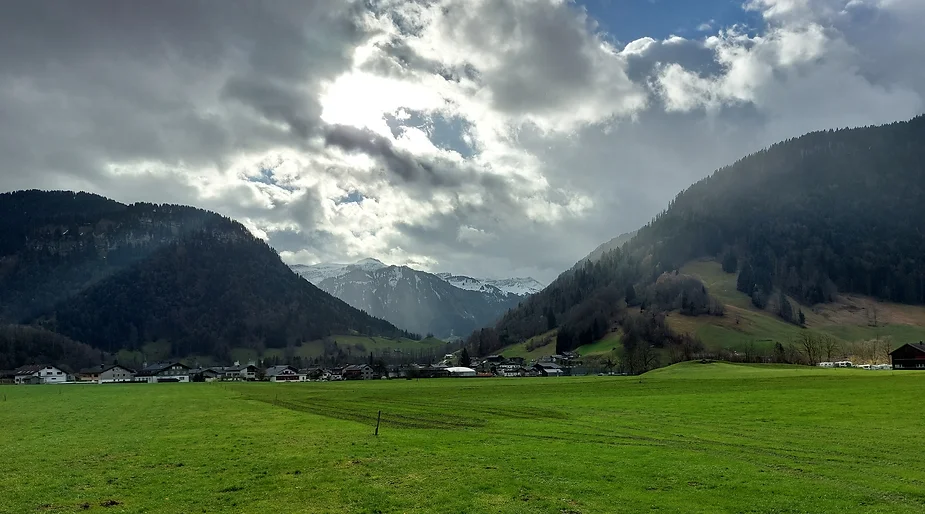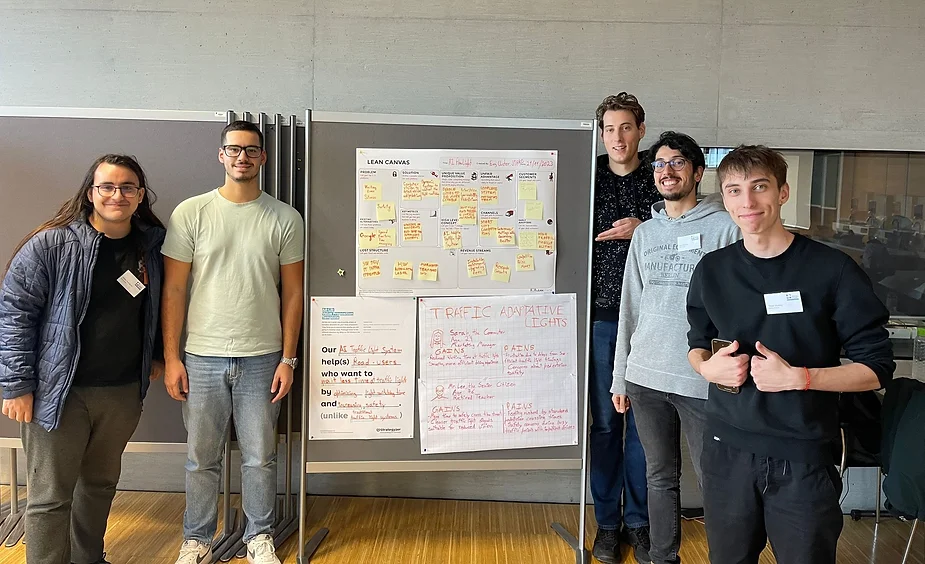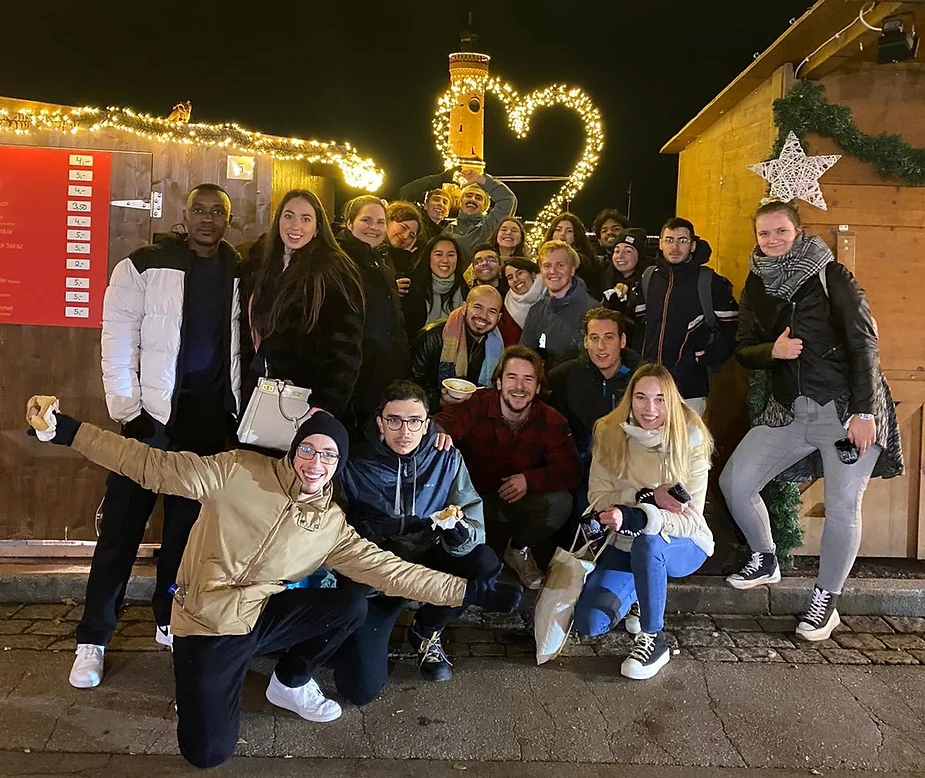Hundreds of students have benefited from short training programmes within the framework of the RUN-EU cooperation, which have enabled them to spend a week in the cities of the institutions involved in the project. Dániel Doma, a student at Széchenyi István University, has taken advantage of this opportunity three times: in Portugal, Ireland and most recently in Austria, where he has been able to learn more about the Python programming language and artificial intelligence.
Six foreign higher education institutions – the University of Leiria and Cavado in Portugal, the Technical University of Shannon in Ireland, the University of Applied Sciences of NHL Stenden in the Netherlands, the University of Applied Sciences of HAMK in Finland and the University of Applied Sciences of Vorarlberg in Austria – are participating in the Regional University Network-European University (RUN-EU), which was established in 2020.
The members of the „alliance” aim to innovate future higher education under the „European University” brand. As part of the cooperation, students have participated in a number of short training programmes, including the recently awarded Student of the Year 2023, Daniel Doma, President of the Neumann János University’s Computer Science Special College.
„I felt I had to try it. I’ve always loved travelling, I’m curious about different landscapes, I’m interested in the culture of other countries. Under the RUN-EU programme, I had the opportunity to take part in one-week training courses abroad, the costs of which were covered. It seemed like a good offer,” said the student, when asked what motivated him to decide to travel.

A picturesque setting awaited the students in Austria.
The training programmes usually consist of a longer online training and a shorter in-person phase, so that everyone can follow the theoretical groundwork from the comfort of their room, while on-site the focus is on team project work, workshops and presentations rather than lectures.
„In Austria, we were on the campus of the University of Applied Sciences in Vorarlberg, Austria, where we explored potential cases of use for artificial intelligence. Each team had to present an idea that was financially secure and could be turned into a marketable product. We were given all the help we needed. Finally, we gave a presentation on how smart transport hubs could work,” said Daniel Doma.

Daniel Doma’s team worked on the topic of intelligent transport nodes.
In addition to the compulsory schedule, there was always the opportunity to relax. Some of these were pre-arranged programmes, others are spontaneously devised by the community each day, but they can also be completely individually organised. As Daniel Doma explained, during his stay in Austria he had the opportunity to get to know the region and visit a cheese factory.
The young man took the opportunity to spend his free time before and after the programme hiking in the surrounding mountains and also travelling to Innsbruck. By train, of course.

The short training programmes are also an excellent opportunity for participants to expand their international contacts.
„I can only recommend the short training programmes. In addition to professional development, I had the opportunity to meet students from the RUN-EU institutions and to travel around Europe. I was able to use the results of projects in Python for my thesis and share the experience with my fellow students during an internal workshop. If I could, I would go again,” concluded Doma Dániel.






